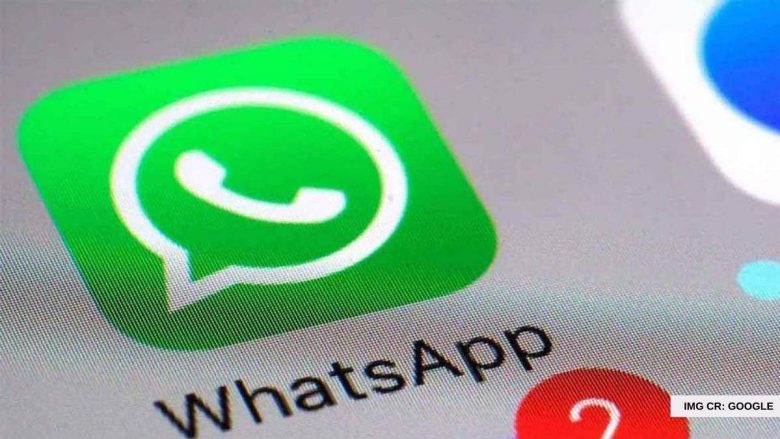Highlights:
- The OTT Apps are a part of the telecommunication service according to the proposed bill.
- The government has included a clause in the bill that would exempt telecom and internet service providers from fines and penalties.
- The ministry has also suggested a provision that would refund fees in the case that a telecom or internet provider surrender his licence.
According to the draft of the telecommunications bill 2022, apps that offer calling and messaging services, like WhatsApp, Zoom, Skype, and Google Duo, may soon need licences to operate in the India.
OTT Apps are categorized as a type of telecommunication service in the proposed bill.
The proposed bill released on Wednesday night stated that “For provision of Telecommunication Services and Telecommunication Networks, an entity shall have to obtain a license.”
The government has included a provision in the bill that would exempt telecom and internet service providers from penalties and fees.
The ministry has also suggested a provision that would refund fees in the case that a telecom or internet provider surrender his licence.
Also Read: Smartphone Cameras And Flashes Can Help Conveniently Monitor Blood Oxygen Level In The Future: Study
Telecom Minister Ashwini Vaishnaw shared a link to the proposed Indian Telecom Bill 2022 on social media with the message, “Seeking your views on the proposed Indian Telecom Bill 2022.”
The draught is open for public feedback until October 20.
For any licence holder or registered company in accordance with the telecom rules, the central government may “waive in part or in full any fee, including entry fees, licence fees, registrations fees or any other fees or charges, interest, additional charges or penalty,” the draft states.
The new proposal would prohibit intercepting “press messages that are intended to be published in India” sent by correspondents accredited by the state governments.
The proposal states that the exemption will not be given, however, in the event of a public safety emergency or in the interest of public safety, the sovereignty, integrity, or security of India, or to maintain good relations with other countries, maintain public order, or stop incitement to crime.
The proposed bill states that in these circumstances, “any message or class of messages, brought for transmission by, transmitted or received by any telecommunication services or telecommunication network, to or from any person or class of persons, or relating to any particular subject, shall not be transmitted, or shall be intercepted, detained, or disclosed” to the authorized officer.



























Leave a Reply